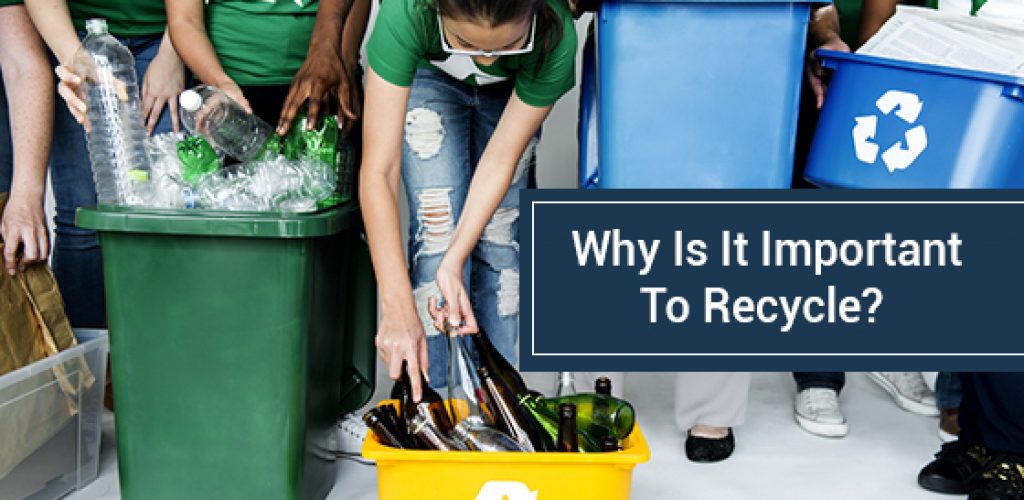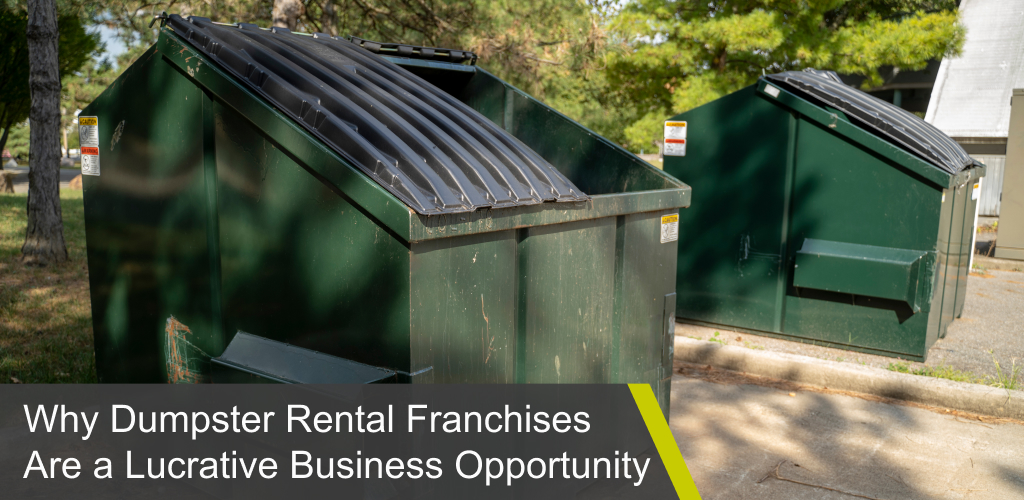Why is it Important to Recycle?

Few economic conventions have been adopted faster or provided more benefits than recycling. Historically speaking, recycling is far from a new idea. In one form or another, communities have been recycling for more than two millennia. One of the first and likely imperative recycling efforts was to recapture gold to utilize for the purposes of conquering empires. The practice has exploded, conserving everything from plastic to glass to precious metals from electronic components. Many large cities have elaborate infrastructures built around waste separation and many states mandate surcharges on recyclable packaging and products.
Leaving aside the ecological impact of reducing landfill waste and the costs of gathering new raw materials for the moment, there are considerable benefits to recycling that can be captured by civic-minded organizations, schools and businesses. The good news is they are both inexpensive and simple to understand. So when people ask “how important is recycling?” they have the following to consider.
Cost
The expense and investment required to create one pound of plastic versus the same expense and investment required to recover one pound of plastic through recycling is an eye-opening comparison. Any person, whether they are in elementary school or sitting on the board of a Fortune 500 company, can see the benefits in avoiding the magnitude of effort required to accomplish the former in light of the relative ease in obtaining the latter.
What recycling does well is it teaches every participant the value of commodities. It effortlessly presents people and businesses with a choice between two alternative approaches to accomplishing the same goal and it does so without any extra effort on behalf of one side or the other. It has oft been said that any plan or idea that can’t be understood by a child often is too complicated. At the same time, any plan that can’t be described on a single sheet of paper is probably also too complex for its own good. The benefit of simpler plans are well demonstrated throughout history. Most of the recent ones have even been detailed on recycled paper.
Children often are usually the most enthusiastic participants in recycling programs. The reason is simple. Recycling is easy to understand; it reduces cost.
Efficiency
Once people start thinking in terms of reducing cost, it doesn’t take much to start thinking in terms of efficiency. What if the accumulation of waste at the local landfill could be reduced by double-digit percentages? What if products could be brought to market faster and with shorter supply chains? What if manufacturing jobs became less about extraction and more about re-purposing?
As recently as 2011, more than two of every three pounds of paper used in the United States was recycled. That is a staggering accomplishment considering the fact peacetime recycling rose to the national consciousness less than 40 years ago. During that time, both individual citizens and the businesses they support have learned to look at the productive enterprise in terms of optimization rather than brute force.
Sustainable Growth
The practical upshot of a reduction in costs combined with a focus on optimizing both manufacturing and design is a hyper-efficient capture of all the productive energy in any enterprise for the purpose of growth. No longer are new raw materials needed to sustain the community or the enterprise. With recycling at the top of its game, the only demand for new material is growth. Once new production is established, it too can be sustained through recycling.
The economic benefits of this process are obvious. If no new investment is required to maintain existing levels of productivity, then the result is a compounding effect driven by greater and greater efficiencies. This is made possible by the fact that recycling is easily understood and demonstrable.
This also has the effect of making what is sustained more valuable. Businesses are constantly looking for ways to reduce their costs because it increases their profits and operating budgets and eliminates anti-efficient expenditures.
Positive Feedback
The laws of physics require growth to harness the energy of a positive feedback loop. This effect is defined as anything that generates more than it consumes. Photosynthesis is an example of positive feedback. Plants consume carbon dioxide, water and energy and produce sugar and oxygen. The plants use some of the sugar and store the rest. As far as the plants are concerned, the oxygen is a by-product. The two million animals on Earth sure appreciate it, though.
The more efficient recycling becomes, the closer it gets to a perfectly efficient positive feedback mechanism. With fewer and fewer raw materials required to produce the same products, the more the recycling economy resembles a system through which more is produced than is consumed. This can have dramatic amplification effects on both product quality and the value of the production required, and the results are as clear as daylight to anyone with even a cursory understanding of the process. Why throw something away if it is useful? Nobody has a good answer to that question, which is why recycling effortlessly succeeds everywhere it is tried.
When people ask how important is recycling, it goes without saying that reducing the impact on landfills, limiting unnecessary extraction, driving down energy costs and eliminating pollution are obvious and compelling answers. It is also true that recycling is by its nature an activity recognized by human communities as essential to positive economic growth. The twin questions of “why spend more?” and “why throw useful things away?” are devastating to any philosophy that eschews efficiency in the name of short-term gain. For these reasons and no doubt many others, recycling will be around for quite some time.
If you’d like to start taking advantages of the benefits of recycling, start by contacting Gorilla Bins at 877-700-2467 or visit our website today.













